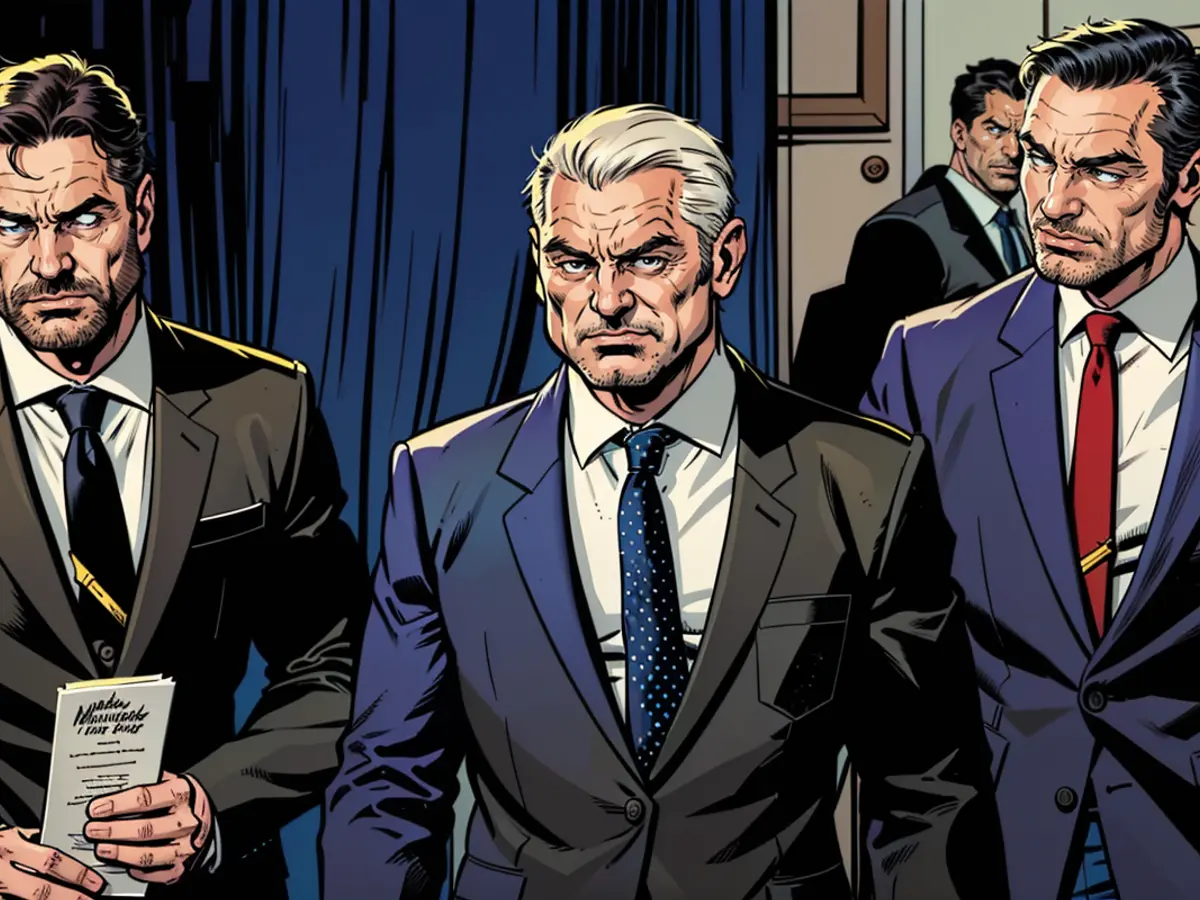Final spurt in the budget negotiations: Lindner still sees "some work to do"
In such negotiations, it is often the case that "one first removes the small things", Lindner stated in the afternoon before another round of negotiations with Scholz and Habeck regarding the budget and a package for growth. It then requires "sometimes particularly great strength" to eliminate the rest. "But don't worry: We'll get it all."
Lindner defended the debt brake once again, stating at an event in his ministry that he did not intend to abolish it as demanded by the SPD. "Our country does not have a lack of money, but rather a lack of courage to set priorities", he said. He criticized that in the current debate, "the applause of the day is often sought."
Meanwhile, youth organizations from the SPD and Greens addressed the coalition leaders in a protest letter and demanded the abolition of the debt brake. "We resist your paternalistic claim that the planned cuts are in the interest of young people", quoted the "Spiegel" from the letter, which was also signed by the DGB Youth and Fridays for Future.
SPD parliamentary group treasurer Katja Mast denied that her faction was putting pressure on Scholz in the negotiations. "He is also a faction member, and we know that we are moving in the same direction in terms of content", she told RTL and ntv. "But we are putting pressure on this entire government."
Scholz is expected to appear at an SPD parliamentary group meeting early on Friday morning (7:00 am) to inform the deputies about the results of the budget negotiations. The meeting was called by parliamentary group leader Rolf Mützenich.
According to the "Spiegel", citing coalition circles, Lindner is now planning a new borrowing of around 40 billion euros, which would remain within the debt brake. However, the Federal Finance Ministry did not confirm this to AFP. "The net credit line is only set when the agreement is reached and a budget draft is available", a spokeswoman said.
Green fraction vice-president Andreas Audretsch spoke out again clearly against a harsh austerity course. "Sparing on climate protection must not be an option. If people receive security from us, for example support for the conversion of a house, then it must be secure", Audretsch told RTL and ntv.
Saxony-Anhalt's Minister-President Reiner Haseloff (CDU) supported the call for a special fund for the economy and infrastructure. He agreed with many state representatives that this should be considered, he told MDR. There is a huge investment requirement: "We need fresh money."
BSW party chair Sahra Wagenknecht accused the "Traffic Light" in the Funke newspapers of drafting a budget that is based on "partially fictitious budgets". Instead of investments in the future, "the hard-earned money of taxpayers is flowing into an absurd heating law, into a war without an exit scenario, and into uncontrollable migration".
Lindner made it clear on Thursday that "it is inevitable that there will be measures regarding social benefits". He referred to payments to refugees from Ukraine. The employment rate of refugees in Germany is significantly lower than in other receiving countries, he said. "This is not the fault of the people, but the system."
Budget negotiations between Scholz, Lindner, and Habeck continue, requiring significant effort to eliminate remaining challenges. Lindner continues to defend the debt brake, criticizing the pursuit of daily applause. SPD and Green youth organizations demand its abolition, claiming it goes against their interests. Mast denies putting pressure on Scholz, but the SPD is pushing for budget agreements. Scholz is scheduled to update SPD deputies on negotiations results early Friday. Lindner may propose additional borrowing within the debt brake, but the details remain unconfirmed. Audretsch advocates against austerity in climate protection and infrastructure investments. Haseloff supports a special economic fund, citing high investment requirements. Wagenknecht accuses the "Traffic Light" coalition of drafting a budget based on fictitious budgets. Lindner acknowledges necessary measures regarding social benefits for refugees, attributing lower employment rates to system flaws.







